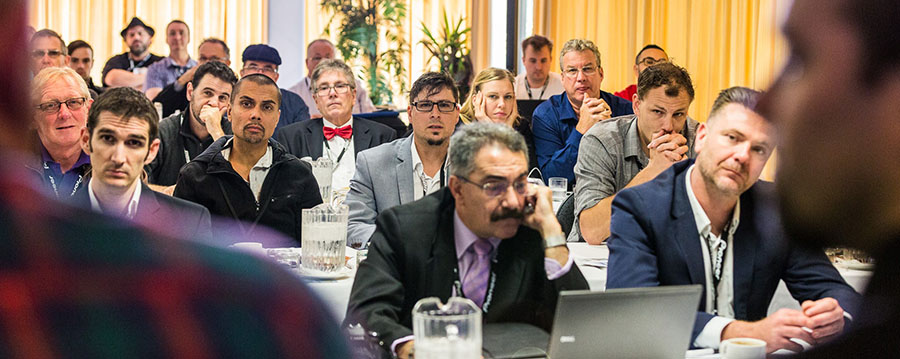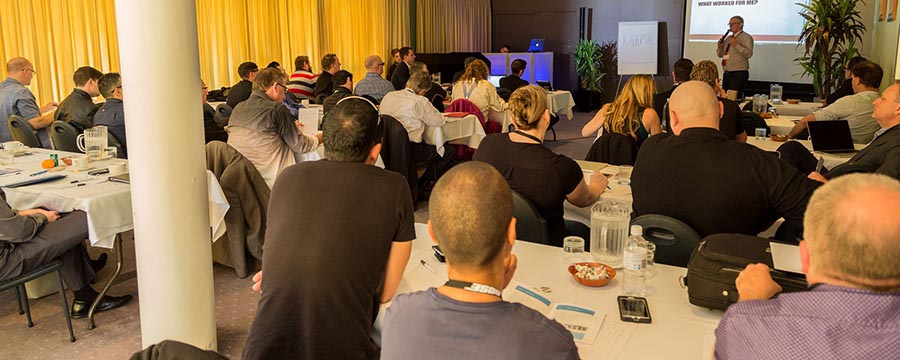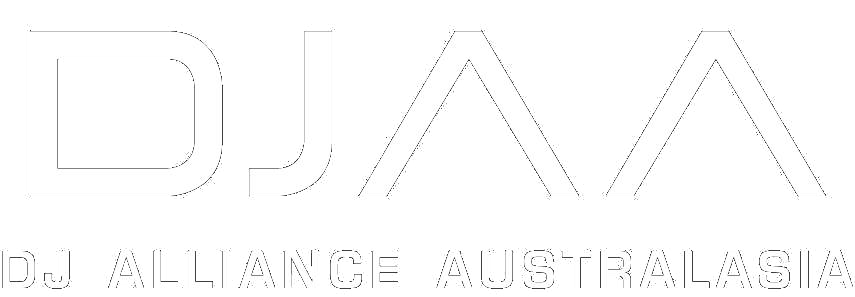I began my career as an accountant. Once I had completed the studies required in order to be considered ‘qualified’, I needed to join one of the recognised professional bodies for accountants, which in turn required me to undertake a minimum of 20 hours of Continuing Professional Development (CPD) or Education (CPE) per year and a total of 120 hours in any three-year period in order to maintain my qualification.
Had I chosen not to become a member of this professional body, my employment prospects would have been somewhat limited, as in the main, employers required that this criterion be met as it assured them that their employees were undergoing CPD, were governed by a Code of Conduct and subject to disciplinary processes for any nonprofessional conduct/practices. Membership also indicated to the employer, my commitment to professionalism. It would have been no different had I chosen to become a lawyer, doctor, dentist, engineer or any other respected profession in society.
When I started working in the financial markets sector, my employer also required me to undertake various forms of ongoing training in systems, use of specific software, legalities, business practices, recruitment, business skills, occupational health and safety, managing staff, legislative requirements, etc., etc., etc. so that I was always equipped to deliver my best performance in dispensing the responsibilities of my role within the organisation. This continued throughout my financial markets career until I decided to move to full-time DJing in 2005.
When I started my then part-time DJ business way back in 1975, there were no real barriers or requirements whatsoever to becoming a DJ, other than having access to, or the funds to purchase the necessary equipment to do the events. I didn’t need to, for example;
- know how to mix,
- have great music knowledge,
- know how to read a crowd,
- know what licences and legal requirements were needed,
- know how to market my business,
- understand the importance of customer service,
- understand how to determine the business break-even point, cash flow or a budget,
- know how to determine what I should be charging to make a profit,
nor was there any requirement to undertake any form of ongoing performance and business training to become better at my craft, offer a better service to my clients, grow my business and a multitude of other skills required to run a small, medium or large business – lucky for me, that I had the background and business sense to seek out relevant training and educational material on a continual basis.
Unfortunately, many in the industry just plod along from event to event continually doing the same things they have always done and at some point, wonder why their DJ business never manages to progress to that next level, they wonder why they aren’t achieving the success that others are and get frustrated when not taken seriously because what they do is regarded as a hobby, rather than a respected profession by clients, the general public, and even other event industry professionals.
So here we are in 2017 and sadly, if one wants to become a DJ or start a DJ business, there is still no requirements or barriers and with the leaps in technological advancement, it is easier and cheaper to enter the market than it ever was. But without any training and continual education, the myth that what we do is not a real job or profession is constantly validated to society at large with each unprofessional performance.

Why is Continuing Professional Education Important?
Continuing professional education is important because it ensures Entertainers continue to be competent in their profession. It is an ongoing process that continues throughout any professional’s career and delivers benefits not only to the individual, but their profession and also the public.
As mentioned above in my personal example, sometimes CPE is mandated by professional organisations or may be required by codes of conduct or codes of ethics. But at its very core it is really a personal responsibility of true professionals to keep their knowledge and skills current so that they can deliver consistent high quality service that safeguards the public, meets the expectations of clients and the requirements of their profession.
Perhaps you feel you already know everything you need to, or that taking a course, attending a workshop or an industry conference, reading a book, listening to a podcast, networking with your peers, etc. will take away valuable time from your other business responsibilities. But today more than ever before, professional development is one of the most valuable parts of your long-term professional development and business success. Consider all the important benefits you get from continually developing your skills:
• CPE ensures an individual’s capabilities keep pace with the current standards of others in the same field.
• CPE ensures that knowledge and skills are maintained and enhanced to deliver a professional service to customers, clients and the community.
• CPE ensures that knowledge stays relevant and up to date. Being more aware of the changing trends and directions in our profession. The pace of change is getting faster than it’s ever been – and this is a feature of the new normal that we live and work in. If one stands still they will get left behind, as the relevance of individual knowledge and skills becomes out-dated.
• CPE assists in continued meaningful contributions to your profession. The individual becomes more effective and assists them to advance their career and open up opportunities where they can lead, manage, influence, coach and mentor others.
• CPE helps individuals stay interested and interesting. Experience is a great teacher, but it does mean that one will tend to do what they have done before. Focused CPE can provide a refresh of unused skills and open one up to new possibilities, new knowledge and new skill areas.
• CPE can deliver a deeper understanding of what it means to be a professional, along with a greater appreciation of the implications and impacts of one’s work.
• CPE helps advance the body of knowledge and technology within our profession.
• CPE can lead to increased public confidence in individual professionals and their profession as a whole.
• Depending on the profession – CPE contributes to improved protection and quality of life, the environment, sustainability, property and the economy. With regards to our profession, there are also a range of intangible outcomes such as lifelong memories for the clients, friendships formed as a result and ongoing referrals.

I don’t think anyone can deny the benefits of networking; you hear about it all the time. Professional development offers a special kind of networking opportunity. Not only will you meet new professionals from all stages in their development, but you immediately have something relevant to discuss and to act as an ice breaker – the course material!
In any profession, continuing education is essential for competence. Should DJs, MCs or Entertainers be any less committed to lifelong learning in their craft? Let’s change the perception of our profession!
Footnote: In line with the DJAA’s core mission of “To raise the standard for professional DJs and MCs, giving clients and venues an informed choice of quality entertainment.”, the DJAA provides numerous educational and networking opportunities from the monthly online chats, mentor program, extensive listing of educational resources and its annual National Conference, so there is really no excuse for the DJs & MCs of Australasia to not undertake any continuing professional education or development, which is readily available no matter what stage you are currently at in your DJ or MC journey.
This post was contributed by Serge Olivieri. Serge is an Accredited Member of the Alliance and currently serves on the DJAA Committee, is based in Sydney, New South Wales and runs DJ:Plus! Entertainment which specialises in weddings. With a focus on quality and high level customer service, DJ:Plus! Entertainment has been awarded numerous State, National & International awards.
